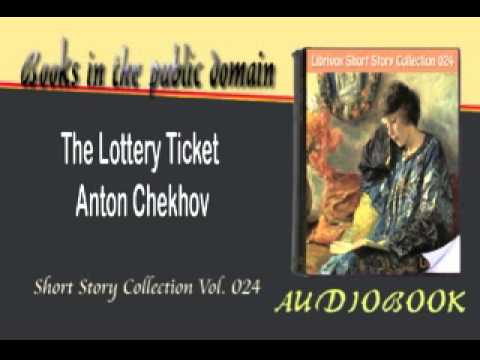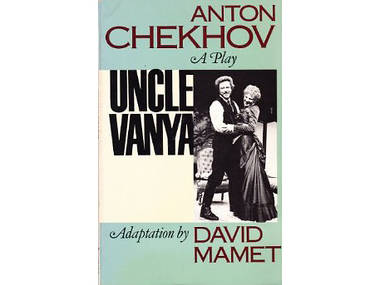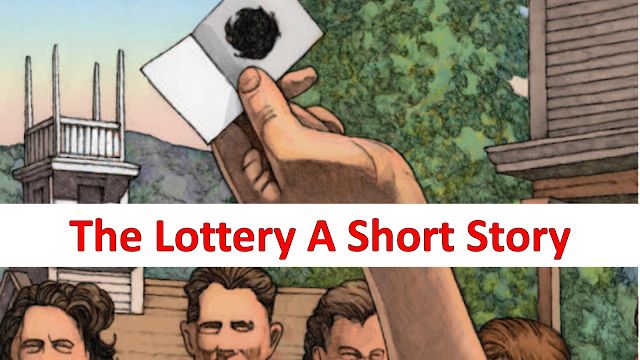Read the Full Story of "The Lottery Ticket" by Anton Chekhov on Jili888
An Academic Analysis of "The Lottery Ticket" by Anton Chekhov: Narrative, Themes, and Character Dynamics


Abstract
This article provides a comprehensive academic analysis of Anton Chekhov’s short story "The Lottery Ticket," examining its narrative structure, thematic complexity, and character dynamics. Emphasizing key concepts such as chance, greed, disillusionment, and moral consequence, the study explores how Chekhov critiques the human condition and societal values through the symbolism of the lottery ticket. This analysis offers insights into the enduring relevance of the story in the context of modern literary discourse.
1. Introduction
Anton Chekhov’s "The Lottery Ticket" is a seminal short story that explores the interplay between hope, greed, and disillusionment. The narrative centers on the transformative yet ultimately destructive allure of sudden wealth, as symbolized by a lottery ticket. This article presents an academic analysis of the story, focusing on its narrative structure, thematic development, and the portrayal of character dynamics. Key terms such as The Lottery Ticket, Chekhov, short story, chance, greed, and disillusionment are integral to this examination.
2. Plot Summary
2.1 Overview of the Narrative
The story follows a middle-class protagonist who momentarily envisions a life of opulence upon speculating about the potential winnings of a lottery ticket. As the narrative unfolds, the protagonist’s initial excitement and elaborate fantasies about wealth gradually give way to a profound sense of disillusionment. This transformation is central to the narrative, highlighting the transient nature of hope when confronted with the realities of unearned fortune.
2.2 Structural Elements
Chekhov employs a linear narrative structure that transitions smoothly from an initial state of contentment to escalating dreams of grandeur, and finally, to the inevitable collapse of these aspirations. The concise and precise narrative allows the reader to observe the psychological evolution of the protagonist, thereby emphasizing the interplay between internal desire and external reality.
3. Character Analysis
3.1 Protagonist’s Psychological Transformation
The protagonist in "The Lottery Ticket" embodies the universal human susceptibility to the allure of sudden wealth. Initially, the prospect of winning the lottery evokes feelings of hope and excitement, leading to elaborate daydreams about financial and social elevation. However, as these fantasies intensify, the protagonist experiences internal conflict, marked by greed and subsequent disillusionment. This psychological journey reflects the fragile balance between aspiration and reality.
3.2 Interpersonal Dynamics and Moral Implications
Chekhov also explores the impact of these internal transformations on interpersonal relationships. The evolving attitudes of the protagonist reveal underlying tensions and the potential for moral decay when materialistic desires supersede rational thought. The deterioration of these relationships serves as a cautionary element, highlighting the moral implications of succumbing to the allure of unearned wealth.
4. Thematic Exploration
4.1 The Illusion of Wealth and Material Desire
A central theme in "The Lottery Ticket" is the deceptive promise of wealth. The lottery ticket is a potent symbol of the potential for sudden prosperity, yet it simultaneously represents the ephemeral nature of material gain. Chekhov critiques the societal obsession with wealth by illustrating how the mere prospect of financial windfall can distort perceptions and lead to eventual disappointment.
4.2 Greed, Disillusionment, and Moral Decline
The narrative delves deeply into the destructive nature of greed. The protagonist's initial excitement is gradually overtaken by envy and disillusionment, reflecting a broader commentary on the inherent risks associated with the pursuit of unearned fortune. This thematic exploration underscores the moral consequences of allowing material desire to influence personal integrity and social relationships.
5. Conclusion
Anton Chekhov’s "The Lottery Ticket" remains a powerful exploration of the human condition, particularly in its depiction of the psychological and moral consequences of chasing unearned wealth. Through its concise narrative, rich symbolism, and nuanced character portrayals, the story offers enduring insights into the transient nature of hope and the corrosive effects of greed. Chekhov’s work continues to resonate in contemporary literary discourse, serving as a timeless cautionary tale on the perils of materialistic ambition.



